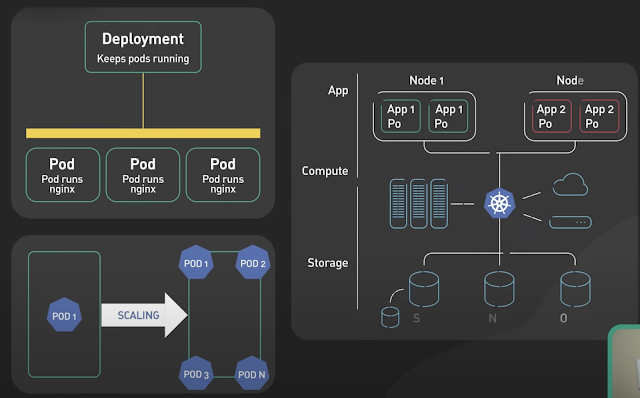A. Check logrotate must on daily cron
#less /etc/cron.daily/logrotate
B. Check on logrotate.d there must be mysql
#less /etc/logrotate.d/mysql
Its default Content is:
# by setting the variable "err-log"
# in the [safe_mysqld] section as follows:
#
# [safe_mysqld]
# err-log=/var/lib/mysql/mysqld.log
#
# If the root user has a password you have to create a
# /root/.my.cnf configuration file with the following
# content:
#
# [mysqladmin]
# password =
# user= root
#
# where "" is the password.
#
# ATTENTION: This /root/.my.cnf should be readable ONLY
# for root !
/var/lib/mysql/mysqld.log {
# create 600 mysql mysql
notifempty
daily
rotate 3
missingok
compress
postrotate
# just if mysqld is really running
if test -x /usr/bin/mysqladmin && \
/usr/bin/mysqladmin ping &>/dev/null
then
/usr/bin/mysqladmin flush-logs
fi
endscript
}
Read uses of variable
My file :
# This logname can be set in /etc/my.cnf
# by setting the variable "err-log"
# in the [safe_mysqld] section as follows:
#
# [safe_mysqld]
# err-log=/var/lib/mysql/mysqld.log
#
# If the root user has a password you have to create a
# /root/.my.cnf configuration file with the following
# content:
#
# [mysqladmin]
# password =
# user= root
#
# where "" is the password.
#
# ATTENTION: This /root/.my.cnf should be readable ONLY
# for root !
# - I put everything in one block and added sharedscripts, so that mysql gets
# flush-logs'd only once.
# Else the binary logs would automatically increase by n times every day.
# - The error log is obsolete, messages go to syslog now.
/var/log/mysql/mysql.log /var/log/mysql/mysql-slow.log {
daily
rotate 7
missingok
create 640 mysql adm
compress
sharedscripts
postrotate
test -x /usr/bin/mysqladmin || exit 0
# If this fails, check debian.conf!
export HOME=/etc/mysql/my.cnf
MYADMIN="/usr/bin/mysqladmin --defaults-file=/etc/mysql/debian.cnf"
if [ -z "`$MYADMIN ping 2>/dev/null`" ]; then
# Really no mysqld or rather a missing debian-sys-maint user?
# If this occurs and is not a error please report a bug.
if ps cax | grep -q mysqld; then
exit 1
fi
else
$MYADMIN flush-logs
fi
endscript
C. Create a file /root/.my.cnf.
#vi /root/.my.cnf (# ATTENTION: This /root/.my.cnf should be readable ONLY)
Its contain ;
[mysqladmin]
password = xxxx
user= root
Run manually ;
#logrotate -f /path/to/some/logrotate.conf
if you want to force a rotatation which is uncalled for in the config files, you need to give it a "-f":


